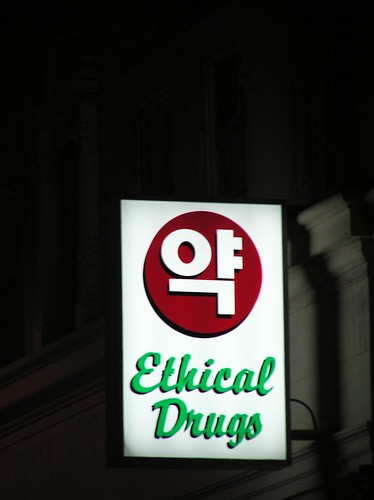Here’s The Best Way To Handle Stress
a Time: A recent survey by psychologist and self-help author Robert Epstein found that 25% of our happiness hinges on how well we're able to manage stress. The next logical question is, of course, how best can we reduce our stress? Epstein's data, which he presented last month at the Western Psychological Association meeting in Los Angeles, was intended to help answer that question. It involved 3,000 participants in the U.S. and 29 other countries, who responded to an online…
1 min read
Here’s What Really Motivates You
learned a lot from Daniel Pink's Drive: The Surprising Truth About What Motivates Us. For any job that requires thought, creativity or problem-solving, Pink doesn't recommend a focus on concrete rewards and punishments. He feels there are three elements we must provide to workers in this category: (1) Autonomy—"the desire to direct our own lives;" (2) Mastery—"the urge to make progress and get better at something that matters; and" (3) Purpose—"the yearning to do what we do in the…
5 minutes
An Easy Way To Reduce Stress And Pain
cent research has supported a link between laughter, coping with stress, and psychological and physical well-being. According to this work, people who spontaneously use humor to cope with stress have especially healthy immune systems, are 40 percent less likely to suffer a heart attack or stroke, experience less pain during dental surgery, and live 4.5 years longer than most. And: Participants were shown scenes from films that were likely either to make them feel anxious (such as the opening thirty…
2 minutes
Is there an over the counter drug that successfully treats female sexual dysfunction?
s, placebo: Introduction. In clinical trials of drug treatments for women's sexual dysfunction, placebo responses have often been substantial. However, little is known about the clinical significance, specificity, predictors, and potential mechanisms of placebo response in sexual dysfunction. Aim. We aimed to determine the nature and predictors of sexual function outcomes in women treated with placebo for female sexual arousal disorder (FSAD). Methods. We conducted a secondary analysis of data from the placebo arm of a 12-week, multisite, randomized controlled pharmaceutical trial for…
2 minutes
Can being underpaid give you a heart attack?
is paper investigates physiological responses to perceptions of unfair pay. In a simple principal agent experiment agents produce revenue by working on a tedious task. Principals decide how this revenue is allocated between themselves and their agents. In this environment unfairness can arise if an agent’s reward expectation is not met. Throughout the experiment we record agents’ heart rate variability. Our findings provide evidence of a link between perceived unfairness and heart rate variability. The latter is an indicator of stress related impaired cardiac autonomic…
1 min read
Are our snap decisions more ethical?
veral theories, both ancient and recent, suggest that having the time to contemplate a decision should increase moral awareness and the likelihood of ethical choices. Our findings indicated just the opposite: greater time for deliberation led to less ethical decisions. Post-hoc analyses and a followup experiment suggested that decision makers act as if their previous choices have created or lost moral credentials: after an ethical first choice, people acted significantly less ethically in their subsequent choice but after an unethical…
1 min read
Does optimism improve your health?
hese findings suggest that positive expectations do predict better health and this relationship is partially due to the goals people set in their daily lives." Trait optimism is associated with better health, but the reason for this association is unclear. The present investigation focused on specific goals and negative emotions as potential pathways through which optimism can lead to better health. College students (n= 336) in the U.S. reported their mental and physical health at the start of an academic…
1 min read
Does literally “washing our hands” make us feel less guilty?
eaning one’s hands removes more than physical contaminants; it also removes residues of the past, from the guilt of past transgressions to doubts about past decisions. We review recent evidence for these and other clean slate effects from the perspectives of neural re-use, grounded cognition, and conceptual metaphor, discuss their implications, and suggest promising future directions. As you use water and soap to remove dirt and contaminants, may you also be removing psychological residues of your past? A growing body of research suggests so. For…
1 min read








